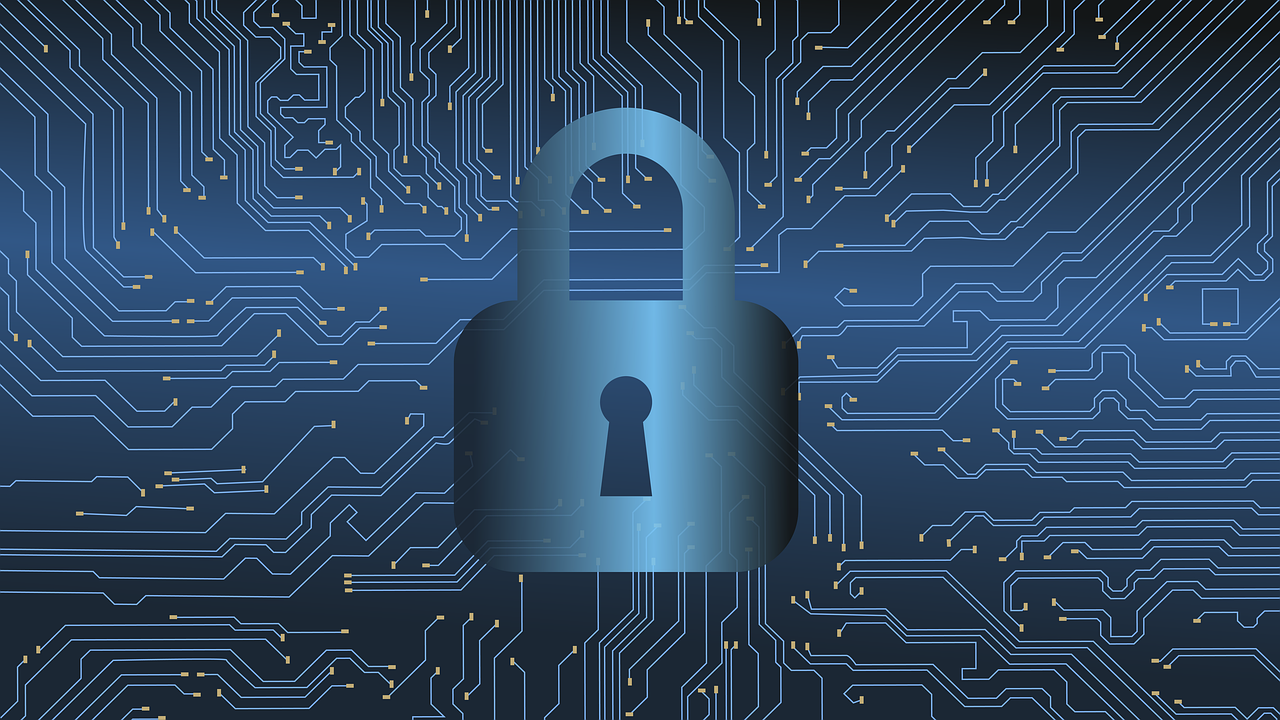· Opsfolio Community · cybersecurity · 3 min read
5 Ways To Keep Your Healthcare IT Business Secure
When it comes to security, it isn’t just unauthorized access to your premises you need to consider. Cybersecurity is a major issue for businesses, and smaller enterprises can face just as many challenges as larger corporations.

When it comes to security, it isn’t just unauthorized access to your premises you need to consider. Cybersecurity is a major issue for businesses, and smaller enterprises can face just as many challenges as larger corporations. If you want to protect your organization from online threats take a look at these five ways to keep your small business secure:
1. Develop a Cybersecurity Strategy
Don’t wait for threats to emerge before you figure out how you’re going to respond. In many cases, a cybersecurity breach will take place a long time before users become aware of it, which means prevention, rather than a cure, is essential. By taking a proactive approach to cybersecurity, you can stop threats affecting your operations and keep your data secure.
2. Work with Professionals
Effective cybersecurity measures require expertise and experience, so don’t hesitate to access expert advice when you need it. Using managed IT services can be a great way for small businesses to access the cybersecurity assistance they need, in addition to round-the-clock IT support. With IT professionals continually updating your security measures and protecting your business from threats, you’ll have peace of mind and the freedom to focus on your core operations.
3. Choose Strong Passwords
Even the most advanced cybersecurity protocols can be redundant if you use default or easy-to-guess passwords. Hackers are adept at cracking passwords, so choose a strong password or use a reputable password generator to ensure your login details can’t be hijacked. Similarly, secure password vaults can help you to keep track of multiple logins and allow you to use strong, complex passwords without having to remember them.
4. Educate Your Team
If you have a team of staff or you work with freelancers, make sure they’re aware of the most common cybersecurity threats and the security measures they need to take. A significant proportion of security breaches occur because of human error. If your team isn’t familiar with the signs of a potential breach, they won’t be able to report it. Worse still, they could inadvertently leave your system open to infiltration. By providing cybersecurity training, however, you can ensure your colleagues are proactive about protecting your business.
5. Update Systems Regularly
Updating devices and installing the latest versions of software can seem time-consuming but it’s one of the best ways to keep your IT infrastructure secure. Outdated platforms are vulnerable to attack, which is why regular updates should be installed. Choosing to do this outside of business hours ensures your updates won’t affect your operations, so select a time that works for you.
Make Cybersecurity a Top Priority
Cybersecurity should be a top priority for every business, regardless of what industry or sector you operate in. A security breach could have major ramifications for your operations and your professional reputation, so a robust approach is always necessary. By seeking expert advice, staying aware of the latest threats and implementing appropriate security measures, you can protect your business, your customers and yourself.
Infographic created by Donnelley Financial Solutions, a virtual data room company





